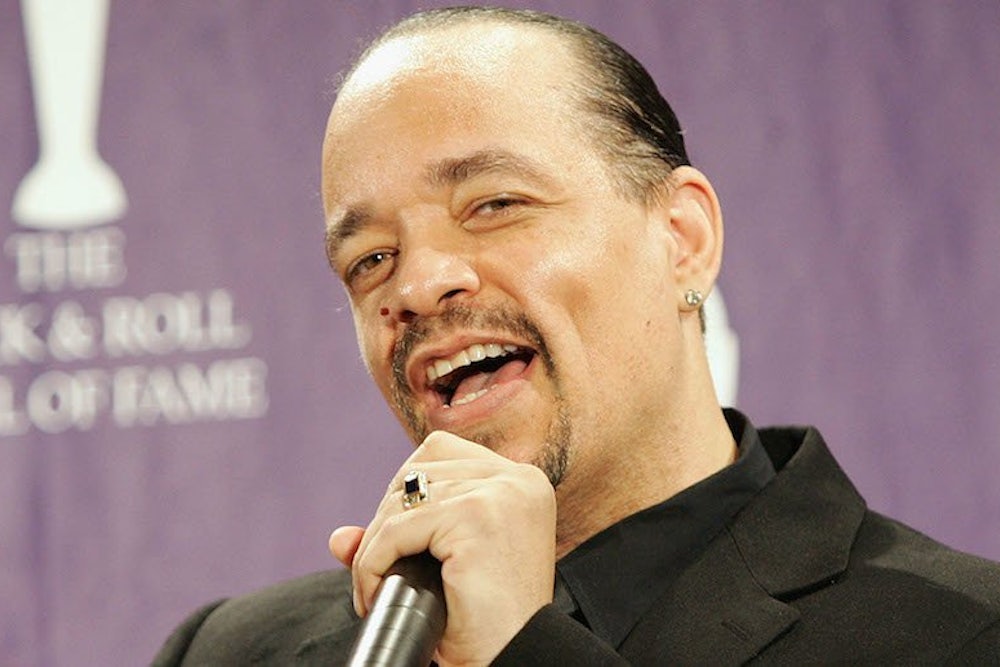Carrie Battan’s recent article, "Podcasts: The Last Refuge of the C-List Celebrity," missed crucial points about the success of podcasting: It is an incredibly powerful form of media, does not insulate artists from scrutiny (as exemplified by Brandi Glanville’s recent scandal), does have viral potential (as exemplified by Ice-T’s Dungeons & Dragons sensation), and has become much more than the loosely based talk show format that the medium has been traditionally known for. The reason why more celebrities are entering the field is because it’s an uncensored medium that has direct and ancillary financial opportunities. This is a last refuge for no one. If anything, podcasting is a rallying point for entertainers to intimately engage their fan bases, create more opportunities for themselves as independent artists and network with the most forward-thinking minds of our generation.
Currently, there are over a billion podcast subscriptions on iTunes. Yet, what is a podcast? Its inane definition is merely an on-demand audio program, though it is much more. Podcasting is a community of people promoting the free exchange of art and ideas. There are incredibly popular scripted shows such as Welcome to Nightvale and We’re Alive, which bring back the excitement Orson Welles once created with his masterpiece, “The War of the Worlds.” Podcasters include the world’s leading entrepreneurs (James Altucher and Seth Godin), scientists (Neil DeGrasse Tyson), comedians (Joe Rogan, Bill Burr, and Jeff Garlin), musicians (Tiesto, Avicii, and Chick Corea) chefs (Andrew Zimmern, Alton Brown, and Martha Stewart), athletes (Terrell Owens, Jalen Rose, and Stone Cold Steve Austin) and all-around cultural icons (RuPaul, Chris Hardwick, and Kevin Smith). Ice-T’s ascent as the first major member of the hip-hop community to enter the podcasting fray is another important cultural landmark. Ice-T and his "Ice-T: Final Level" co-host, Mick Benzo, have discussed podcasting on “Late Night With Seth Meyers,” had the first viral podcast episode (their depiction of Ice recording a Dungeons & Dragons audiobook), and garnered more press for podcasting than anyone before them. All of this growth has been made possible with the support from the thousands of incredibly engaged listeners and the financial backing of podcast sponsors such as Squarespace, Audible, Stamps.com and NatureBox. These sponsors have grown with us and work together with us more like partners than just advertisers. That is why the first wave of million-dollar-a-year podcasters are beginning to emerge (such as John Lee Dumas), as are successful companies who rely on the medium as one of the main pillars in their marketing strategy.
At its very core, the growth of podcasting is the sense of connectivity and intimacy. Every day, we receive emails from people all over the world who have used our podcast to rally through the death of a loved one, to get a much-needed laugh, and to connect with their heroes. As human beings, it can be difficult to find a place where we feel whole, where we feel safe and where we know that we belong. Podcasting has become that place for us. Not everyone will understand us. Many will try to downplay our significance. Though, as Ice-T stated on the Final Level podcast, “Haters hate up. If you have 6 haters, your goal should be to get 12.”
Alex Aldea is the founder of The Paragon Collective podcast network, which produces Ice-T: Final Level, RuPaul: What’s The Tee? With Michelle Visage, and Kingsley’s Overexposed podcast.
